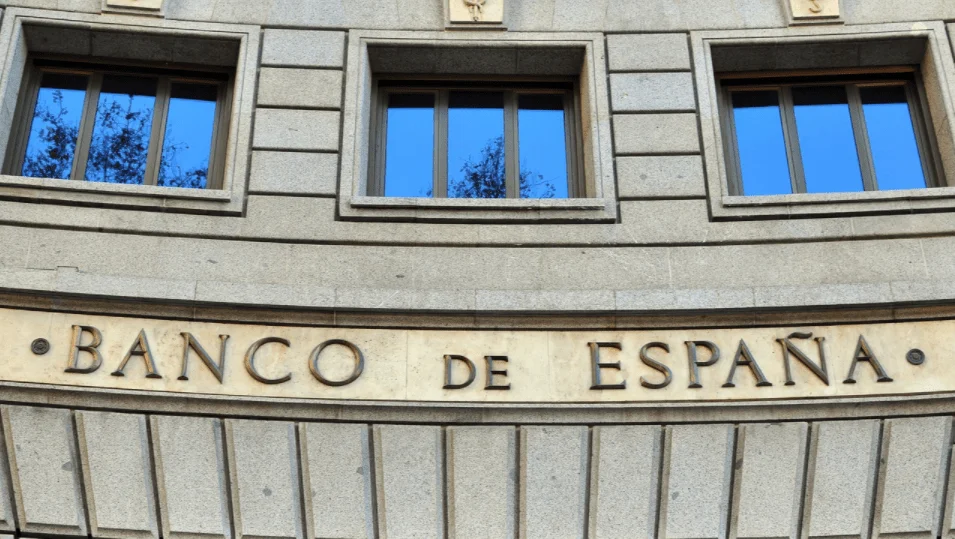A warning was issued by the National Securities Market Commission of Spain against 12 firms crypto and financial market-related businesses for not being properly registered to provide investing services.

Regulators from all around the world are continuing to apply pressure to cryptocurrency businesses on a regular basis. In Spain, the National Securities Market Commission (CNMV) has issued a warning against various cryptocurrency and financial market-related enterprises for providing services that are not registered with the government.
In accordance with the official document, the CNMV issued warnings to 12 entities on August 16 for failing to register with the commission’s corresponding registry, among other reasons.
A number of large cryptocurrency trading platforms, like Huobi and Bybit, are included on the list, although they are not authorised to provide investment services in the country.
According to the CNMV’s consulting page, only registered companies are authorised to provide services relating to securities to the general public.
While the CNMV does not have the ability to prohibit an entity from operating in the country, it can take the matter to court if it believes the business has violated the law. According to a survey published in November by Crypto Company Guide in Spain, over 120 crypto companies have already been established and are in operation in the country.
Last year, Spain created a somewhat welcoming climate for crypto-fibre businesses. Cointelegraph en Espanol reported that the Committee on Economic Affairs and Digital Transformation adopted a bill to establish a financial technology “safe harbour.”
Professor Ismael Santiago of the University of Seville, in an interview with Cointelegraph, stated that the sandbox would promote “the creation of new value-added jobs, technological development, and increased economic competitiveness.”
A non-legislative proposal to establish a national digital currency was recently submitted by the Spanish Socialist Workers’ Party in reaction to the European Central Bank’s experimentation with the digital euro.
According to the concept, a national digital currency would provide greater liquidity in the event that a monetary expansion is necessary. The ability to infuse liquidity directly into current accounts and transfer it promptly and without the use of middlemen provides for a more direct mechanism.
